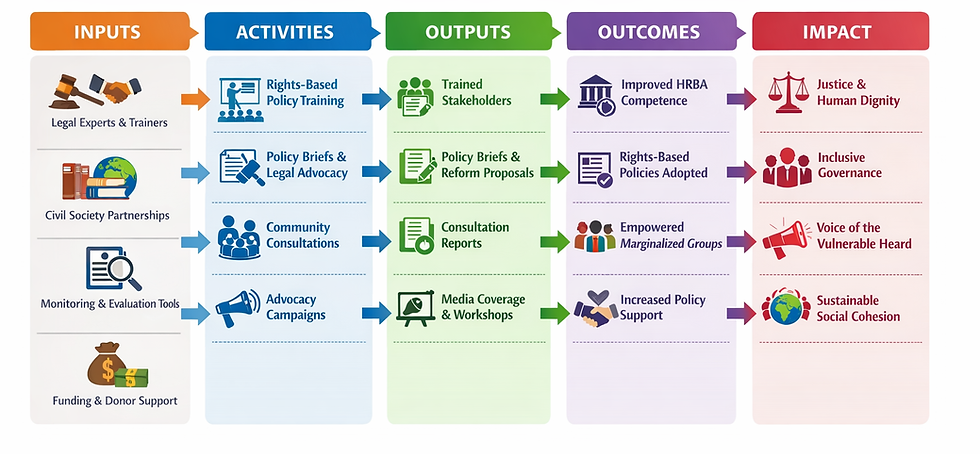What to Expect When You Contact Us?
-
USCIS Policy Manual, Chapter 2 – Definition of Child for Citizenship and Naturalization
-
USCIS Policy Manual, Chapter 3 – United States Citizens at Birth (INA 301 and 309)
-
USCIS Policy Manual, Chapter 4 – Automatic Acquisition of Citizenship after Birth (INA 320)
-
USCIS Policy Manual, Chapter 5 – Child Residing Outside of the United States (INA 322)
-
USCIS Policy Manual, Chapter 2 – Definition of Child for Citizenship and Naturalization
-
USCIS Policy Manual, Chapter 3 – United States Citizens at Birth (INA 301 and 309)
-
USCIS Policy Manual, Chapter 4 – Automatic Acquisition of Citizenship after Birth (INA 320)
-
USCIS Policy Manual, Chapter 5 – Child Residing Outside of the United States (INA 322)

Human Rights Advocates
Order for Restoring Peace on Earth (ORPE)
Restoring Human Dignity: A Divine Mandate
A Global Call to Unite Faith, Law, and Inclusive Action Wherever Justice Breaks Down.

Executive Summary
Orpe Human Rights Advocates (OHRA) seeks to influence rights-based public policy in contexts where systemic governance gaps and entrenched legal frameworks perpetuate injustice and marginalization. This project translates OHRA’s doctrine-based framework into actionable advocacy, policy reform, and capacity-building interventions.
Grounded in higher-law ethics and international human rights norms, the initiative targets legislative, institutional, and societal transformation. Through participatory policymaking, strategic litigation, civic engagement, and institutional reform, OHRA will promote policies that respect, protect, and fulfill human rights while ensuring transparency, accountability, and inclusion. The project aligns with SDG 16 (Peace, Justice, and Strong Institutions), SDG 5 (Gender Equality), and SDG 10 (Reduced Inequalities), and integrates HRBA principles consistent with EU and UN donor frameworks
Need Statement
Across autocratically influenced contexts in Angola and the region, structural governance deficiencies and legal frameworks often limit accountability, marginalize vulnerable groups, and inhibit citizen participation in policy formation. Consequences include:
-
Arbitrary detention, prolonged pretrial incarceration, and ill-treatment of detainees and political prisoners.
-
Policies that fail to protect marginalized populations or address systemic inequality.
-
Weak or politicized judicial and oversight institutions unable to enforce rights.
-
Shrinking civic space limiting civil society advocacy and public participation.
Without intervention, these gaps perpetuate cycles of injustice, instability, and social exclusion. There is an urgent need for a doctrine-driven, rights-based approach that operationalizes normative principles into enforceable policies and practices.
Goal & Objectives
Goal:
Strengthen rights-based public policy and institutional accountability to advance justice, equity, and protection of vulnerable populations.
Objectives:
-
Policy Reform & Advocacy: Promote legislative and policy changes grounded in OHRA’s doctrinal framework to enhance human dignity, equality, and accountability.
-
Institutional Capacity Building: Strengthen the independence, transparency, and competence of justice, oversight, and policy institutions.
-
Civic Engagement & Participation: Empower marginalized communities and civil society actors to influence policy and hold authorities accountable.
-
Knowledge Generation & Dissemination: Produce policy papers, advocacy toolkits, and doctrine-based guidance aligned with EU/UN standards.
-
Monitoring, Evaluation, and Sustainability: Establish a robust M&E system to track rights-based policy uptake and institutional compliance.
Theory of Change
IF vulnerable populations, civil society actors, and state institutions are empowered with doctrinal, legal, and technical knowledge, AND policies are assessed and designed using OHRA’s rights-based doctrine framework,THEN public policy will be more participatory, equitable, and accountable,RESULTING IN systemic institutional reform, protection of human dignity, and sustainable social cohesion.
OHRA Logic Model
Driving Measurable Change Through Rights-Based Policy Initiatives

Policy Reform & Advocacy:
Promote legislative and policy changes grounded in OHRA’s doctrinal framework to enhance human dignity.
Civic Engagement & Participation
Empower marginalized communities and civil society actors to influence policy and hold authorities accountable.
Institutional Capacity Building
Strengthen the independence, transparency, and competence of justice, oversight, and policy institutions.
Monitoring, Evaluation, and Sustainability
Establish a robust M&E system to track rights-based policy uptake and institutional compliance.
Knowledge Generation & Dissemination
Produce policy papers, advocacy toolkits, and doctrine-based guidance aligned with EU/UN standards

